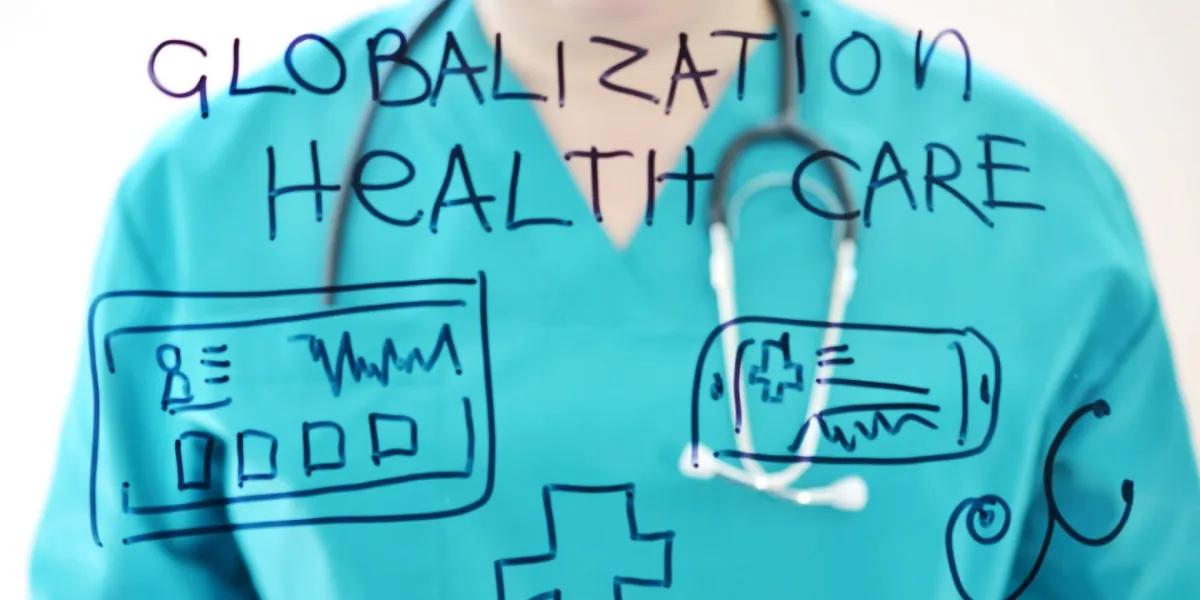Global health educational trips: ethical, equitable, environmental?
Global health education in medical schools and at premedical undergraduate levels in high-income countries is often limited to short courses aimed at introducing students to the topic. These courses frequently include or focus on trips to low and middle-income countries, so the students can ‘experience global health’. There are several problems with this type of learning experience.
To begin with, this form of ‘global health tourism’ can be traced back to ‘tropical medicine’—a field plagued by paternalism and asymmetric power dynamics, where the so-called ‘Global North’' dominated the discourse at the expense of the ‘Global South’. Such ‘global health tourism’ supports the frequent misinterpretation of global health as ‘health abroad”
More recent conceptualisations of global health also include local health, although shaped by global forces, with emphasis on marginalised communities and achieving health equity and justice for all. In the wake of recent calls to decolonise global health2–6 and critical reflections of the current field of practice7–9, and the lifting of COVID-19 travel restrictions within many academic institutions, there is an imperative to reassess global health educational trips organised or initiated by high-income country (HIC) institutions from an ethical perspective.
Meanwhile, due to the worsening climate crisis and the emergence of the concept of planetary health—a solution-orientated transdisciplinary field that envisions a healthy future for both humanity and the earth’s natural systems on which it depends10. Likewise, there has been a growing discourse around limiting work-related travel in global health education and academia.
However, while global health education and academia have been critically discussed in recent years, ecological perspectives, which innately are intertwined with ethics and equity, have not been integrated in the conversations. Therefore, we propose a checklist with six guiding questions to support the assessment of whether a global health educational trip initiated or promoted by a higher education institution in a HIC is appropriate from an ethical, equitable and environmental perspective.




